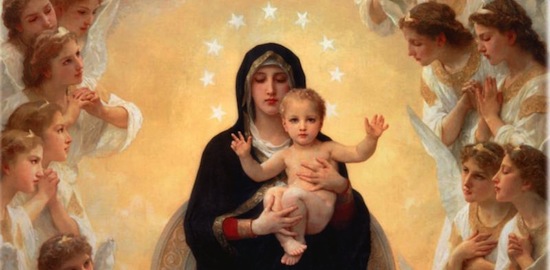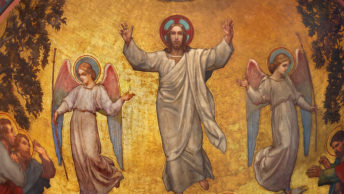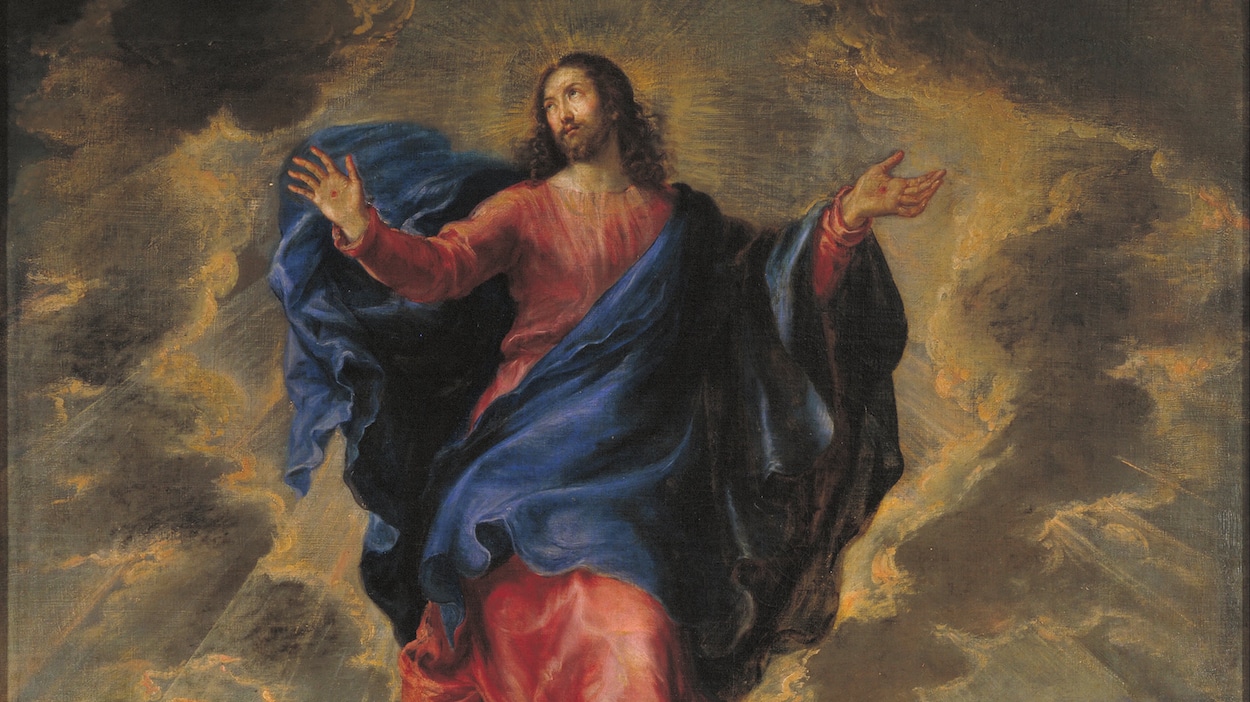
Over 120 years ago there was a family by the name of Carpenter who lived in the Blue Ridge Mountains of North Carolina. The oldest son was named Charles, and while he knew his corner of the state like the back of his hand, he had no conception of the larger world—until his father took him on a trip to Charlotte, North Carolina’s largest city. Charles was amazed and fascinated by everything he saw: cement sidewalks, tall buildings, trains, electric lights, and lots and lots of people. Charles begged his father for the chance to stay in the city and get an education. It happened that the Carpenters had some well-to-do friends who lived there, and they were quite willing to take in Charles and arrange for his education—especially when he shared his dream of one day being a doctor.
It took many years of hard work and study, but eventually Charles received his diploma and medical license. Dr. Carpenter was invited to take a position in the city, but he replied, “Thank you very much. I appreciate your kindness, but I am going back to my home in the mountains. There are many sick people there, and I want to help them.” He then spent the rest of his life caring for the poor and the sick, regardless of whether or not they could pay. All he himself could afford was to rent two rooms above the grocery store, which served as his home and his office; at the foot of the outside wooden stairs leading up to his office was a sign saying, “Dr. Carpenter is upstairs.” After many years of devoted service, the elderly doctor died in his sleep, worn out from his labors. The entire community grieved, and after his funeral the townspeople wanted to arrange for an impressive tombstone at the cemetery—until someone suggested something even more appropriate: placing the sign “Dr. Carpenter is upstairs” on his grave (Tonne, Vol. 2, #29). The good doctor’s life of unselfish and compassionate ministry surely earned him a place in heaven. Jesus is sometimes called the Divine Physician, and He too has gone “upstairs” after a life of love here on earth—and He wants this also to be true one day for each of us.
The story of Christ’s earthly life manages to combine a surprising combination of two important realities: events of eternal significance, and a relatively obscure presence on earth, one that was very easy for people to ignore or overlook. All of heaven watched in wonder as Jesus was born as a human being, but very few people in Bethlehem—let alone the larger world—were aware of it at the time. The death and resurrection of Jesus were the central events of all human history, but at first relatively few people were aware of these things, and even fewer understood their meaning. Our Lord’s ascension into heaven caused great rejoicing among the angels and saints awaiting Him there, but only a handful of His followers on earth saw Him glorified in this way. Jesus will one day return in great majesty and power, and every person who’s ever lived will acknowledge Him as Lord, whether willingly or unwillingly—but until then, human free will allows us to ignore Him, doubt Him, or even reject Him if we choose. Today’s readings speak of how Christ ascended into heaven, there to be seated at the right hand of God the Father and to receive power and dominion over all creation, but for people on earth, life went on as usual—until the coming of the Holy Spirit and the preaching of the Gospel. Then everything changed; humanity was offered the gift of salvation, won by Jesus Christ and made known and available through the preaching and ministry of His Church. Throughout history, some followers of Christ have become famous for their holiness and dedication to the Gospel—and we recognize many of them as saints—but most good Christians will remain largely unknown until the Last Judgment, when all of history’s secrets are unlocked. Most of us will enter and leave this world relatively unnoticed, but because of Our Lord’s offer of salvation to each one of us, our actions and moral choices, lived out each day, take on eternal significance.
Like Dr. Carpenter, you and I are called to live in such a way that, one day, those who knew us well will truthfully be able to say, “He or she is upstairs.” This doesn’t require us to be famous; it does require us to be faithful. In Acts of the Apostles (1:1-11) Jesus told the apostles to wait for the promise of the Father, namely, the Holy Spirit, and then proclaim the Gospel to the ends of the earth. We ourselves have received the Holy Spirit in Baptism and Confirmation, and so we too are called to proclaim our faith: probably not by preaching publicly and performing miracles, as the apostles did, but certainly by giving an example of love, compassion, and integrity; by placing our hopes in Jesus instead of in this world; and by using the abilities God has given us for His glory and the service of others. In his Letter to the Ephesians (1:17-23) St. Paul prays that our hearts may be enlightened, filling us with wisdom and knowledge. We allow this to happen by making room in our lives for God’s grace—specifically, by praying every day, by regularly reading the Bible and other spiritual books, and by learning more about our Catholic faith. And in the Gospel of Luke (24:46-53) Jesus told the apostles to bear witness to repentance and the forgiveness of sins. We too can and should do this by giving other people a second chance, by pardoning those who offend us, and by humbly and honestly asking forgiveness from God and anyone we’ve sinned against.
Jesus promises to be with us always, even until the end of the world—but this promise will do us no good unless we choose to recognize Him and respond. Instead of living in a way that barely acknowledges His presence, we must put Him at the center of our lives and then renew this decision by the way we live, day after day. Faithfully serving Him and other people in this manner will make all the difference, and with the help of His grace, we will achieve our goal of one day going upstairs to our true home.








